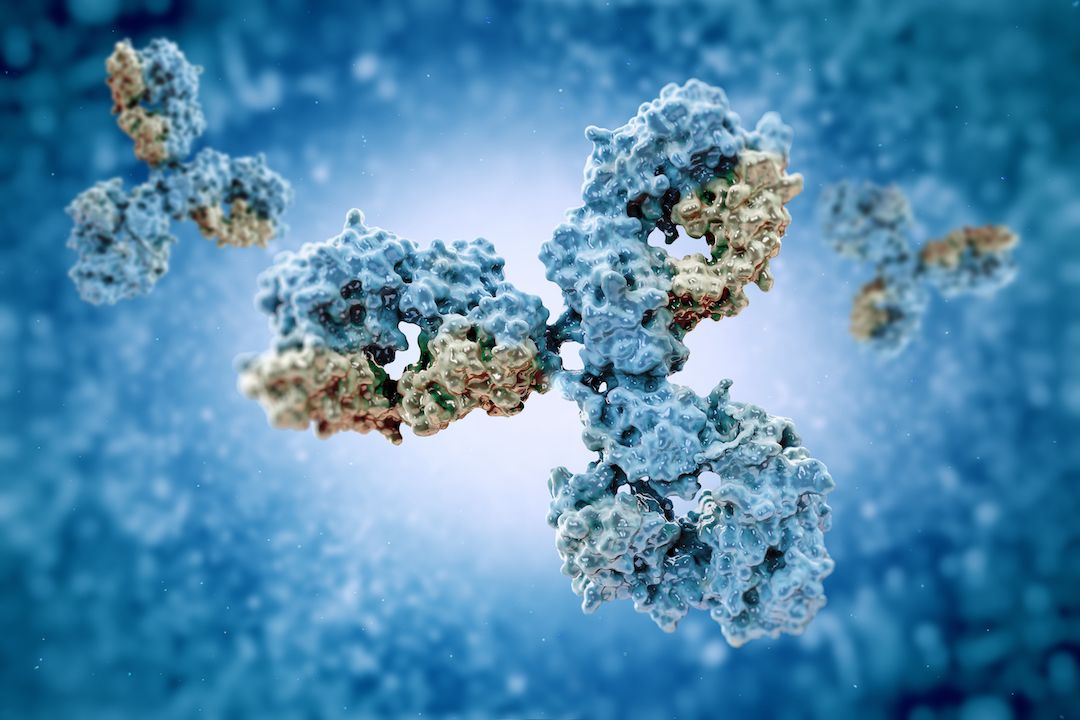You are here
COVID-19 antibodies may fade, but vaccine hopes have not
Sun, 2020-07-26 07:23 — mike kraft COVID-19 antibodies may fade, but vaccine hopes have not We are not yet sure how long COVID-19 immunity lasts, but experts agree that there is little cause for alarm and that a vaccine will likely still be successful. livescience.com
COVID-19 antibodies may fade, but vaccine hopes have not We are not yet sure how long COVID-19 immunity lasts, but experts agree that there is little cause for alarm and that a vaccine will likely still be successful. livescience.com Recent studies seem to paint a grim picture of how long COVID-19 immunity lasts, finding evidence of viral antibody counts plummeting in COVID-19 patients a mere two months after an initial infection. Some have worried that these people are vulnerable to reinfection and that long-lasting vaccines could be more difficult to develop, making widespread herd immunity impossible to obtain.
But experts are not terribly concerned about these antibody findings — balking at the suggestion that this initial data points to risk of reinfection, and pushing back against claims that waning antibody immunity may end hopes of a long-lasting vaccine. For starters, our immune system has other ways of fighting infections besides antibodies. And even if our natural immune response is sub-par, a vaccine would be designed to produce a better immune response than natural infection.
"The whole point of a well-developed vaccine is to sidestep these limitations [of natural infection] and optimize the vaccine in a way that ensures a robust, long-lasting immune response," said Daniel Altmann, an immunologist at the Imperial College London.
That is not to say the recent research on decreasing antibody levels in COVID-19 patients is not robust. The general principle of tracking viral antibody levels to estimate immunity to a specific disease is well-established. Antibodies recognize the shape of some part of a virus and stick to it, either identifying it for later destruction or neutralizing the pathogen on the spot. As long as a patient maintains a healthy number of antibodies for a given virus in his or her bloodstream, the body remains alert and ready to fight off future infection. Vaccines broadly operate on the same principle, stimulating the immune system to produce antibodies preemptively.
Related: Here are the most promising coronavirus vaccine candidates out there
"Scientists have been studying different antibodies for decades, and the methods to analyze them are standardized," said Lisa Butterfield, an immunologist at the University of California San Francisco and the Parker Institute for Cancer Immunotherapy. "Once tests specific to COVID-19 were developed, it was relatively straightforward to follow the levels of antibodies over time."
Following these antibody levels in COVID-19 patients has produced sobering results — at least at first glance. One preliminary study posted on the preprint server medRxiv in mid-July by researchers at King's College London found that individuals with mild infections had almost none of their hard-earned COVID-19 antibodies 60 days after infection. (That study has not yet been published in a peer-reviewed journal.) And a recent letter submitted to The New England Journal of Medicine similarly found that antibody levels decreased exponentially within 90 days of infection.
But these decreases in antibody counts may not be cause for concern, from a clinical perspective. "The conclusions may be a bit overstated," said Steven Varga, an immunologist at the University of Iowa. "We always want long-term, durable immune responses, but it is normal with many vaccines and pathogens to have a decrease in antibody titers [levels] over time. I don't think that the drop that these publications are showing is something to be terribly alarmed about."...

Recent Comments